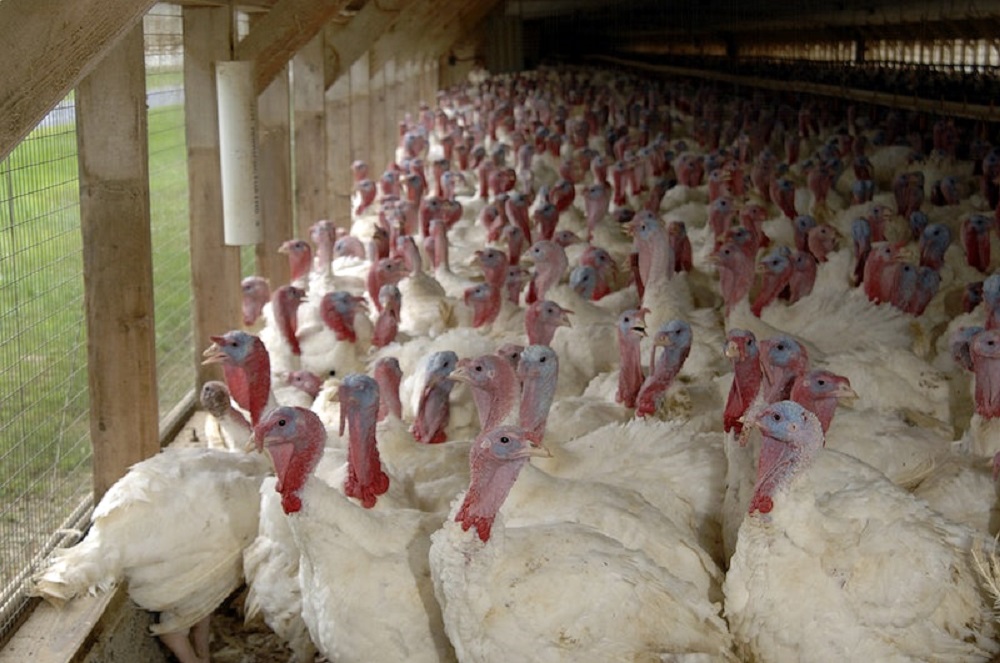In the past years, a big topic brought in and out of public conversation has been the situations and conditions that animals in the meat industry face. Common points of concern have ranged from feed sourcing and the environments that the animals are held in, to actions that slaughterhouse workers and farmers take, as well as many others. This has led to various protests and countless groups being formed, such as PETA, Farm Sanctuary, and Friends of Animals, alongside numerous others.
Ethical concerns have risen recently with the “Butterball Incident” going viral, which was a 20-year-old video being resurfaced by PETA. The footage showed workers committing grotesque actions against a turkey and describing what horrid things they would do to them. This made countless people terrified this past Thanksgiving that their bird was a victim of such actions. Even though, in this case, it was proven to be untrue, the truth is that actions both made and described in the resurfaced footage happen every day on countless farms and in many areas of the meat industry; people are just not made aware of it.
The “Butterball Incident” is far from the first of many shady practices in the meat industry. In the months following 1898, during the Spanish-American war, an investigation was held on the meat products supplied to the United States Army. This led to the discovery that they received extremely low-quality and heavily modified beef. This caused the implementation of the FMIA (Federal Meat Inspection Act) in 1906, making the distribution of adulterated and misbranded meat illegal. According to The National Library of Medicine, the FMIA Act was “designed and implemented to provide the public with a safe, wholesome meat supply.” Even with this law in place, it hasn’t stopped the widespread practice of making animals unnaturally large and growing faster than their bodies can handle through the use of GMOs.
It isn’t just the ethical rights of animals that are being violated. In this situation, the employees are the real victims of the system. These employees, usually illegal immigrants seeking any way to provide for their families, are quickly taken advantage of by these massive corporations looking to make as much money as possible, even if it requires the use of illegal and immoral tactics. This forces the employees to endure both inhumane and hazardous working conditions, be subject to inadequate pay, experience mass amounts of mental trauma, and be prevented from raising a union. On top of that, they are constantly under the threat of being deported if they plan to quit. With all of these cons working against them, the simple conclusion is that it would drive anyone off the edge. This doesn’t justify their actions, but the public should be more aware of why situations like the “Butterball Incident” occurred and why they did in the first place.
With both the animals and employees experiencing terrible living and working conditions, the only ones to come out on top are the public and the leaders of these companies, which both profit on the backs of those in the system. The simple solution is for the general population to raise awareness and protest against such actions. This, although, is easier said than done. Without such actions being taken, it is unlikely that these corporations will ever fall into a slippery situation.















